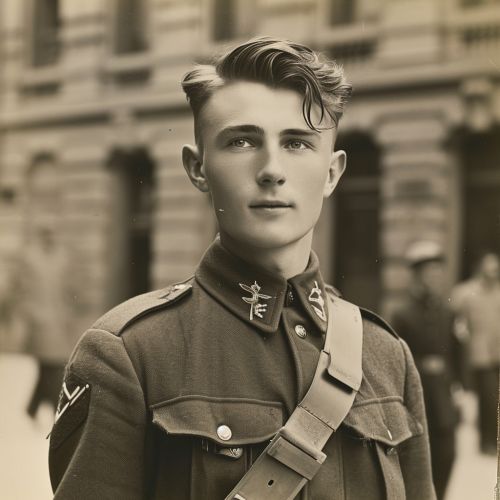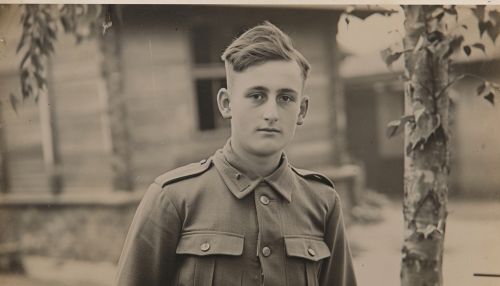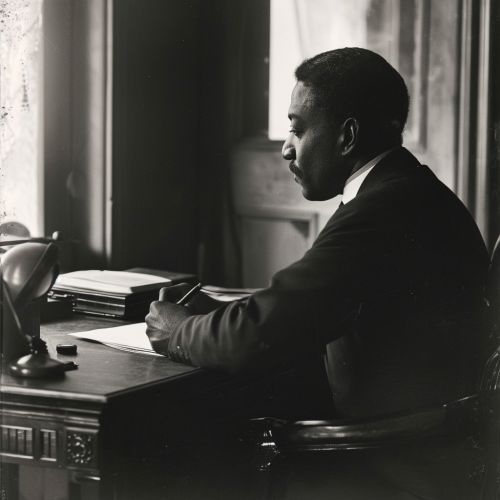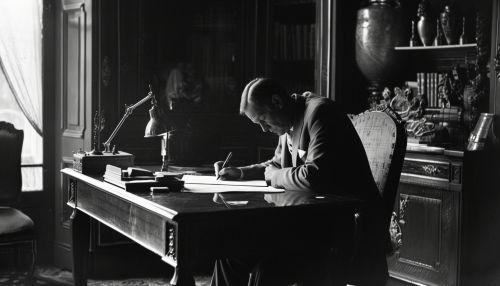Aleksandr Solzhenitsyn
Early Life
Aleksandr Solzhenitsyn was born on December 11, 1918, in Kislovodsk, a resort town in the North Caucasus. His father, Isaakiy Solzhenitsyn, was a Russian officer who died in a hunting accident six months before Aleksandr was born. His mother, Taisiya Zakharovna, raised him in modest circumstances, working as a stenographer.
Solzhenitsyn's early education was marked by the Russian Revolution and the subsequent civil war. Despite the tumultuous times, he was able to attend Rostov State University, where he studied Mathematics and Physics. His interest in literature began during his university years, where he was influenced by the works of Russian literary giants like Leo Tolstoy and Fyodor Dostoevsky.


Military Service and Imprisonment
During World War II, Solzhenitsyn served as a commander in the Red Army. He was decorated for bravery but was arrested in 1945 for criticizing Joseph Stalin in a private letter. He was sentenced to eight years in a labour camp, followed by permanent internal exile.
The experience of imprisonment had a profound impact on Solzhenitsyn. He began to question the ideals of the Soviet Union and the Communist Party. This period of his life would later become the basis for many of his works, including the novel "One Day in the Life of Ivan Denisovich" and the non-fiction work "The Gulag Archipelago".
Literary Career
After his release from exile in 1956, during the period of Khrushchev Thaw, Solzhenitsyn began his literary career in earnest. His first novel, "One Day in the Life of Ivan Denisovich", was published in 1962. The novel, based on his experiences in the labour camps, was a stark depiction of the harsh realities of the Soviet prison system.
Solzhenitsyn's works were often critical of the Soviet regime, leading to increasing tension with the authorities. His later works, including "The First Circle" and "Cancer Ward", were published abroad after being rejected by Soviet publishers.
In 1970, Solzhenitsyn was awarded the Nobel Prize in Literature for his ethical force in pursuing the indispensable traditions of Russian literature. However, he was unable to receive the award in person due to fear of not being allowed back into the Soviet Union.


Exile and Return
In 1974, after the publication of "The Gulag Archipelago", a detailed history of the Soviet prison system, Solzhenitsyn was arrested and deported from the Soviet Union. He lived in exile in the United States, where he continued to write and criticize the Soviet regime.
After the collapse of the Soviet Union, Solzhenitsyn returned to Russia in 1994. He continued to be an influential voice in Russian literature and politics until his death in 2008.
Legacy
Aleksandr Solzhenitsyn's legacy is marked by his unflinching criticism of the Soviet regime and his profound contributions to literature. His works have been translated into many languages and continue to be studied for their literary merit and historical significance.
Solzhenitsyn's life and works serve as a testament to the power of the individual in the face of oppressive regimes. His writings continue to inspire and challenge readers around the world.
